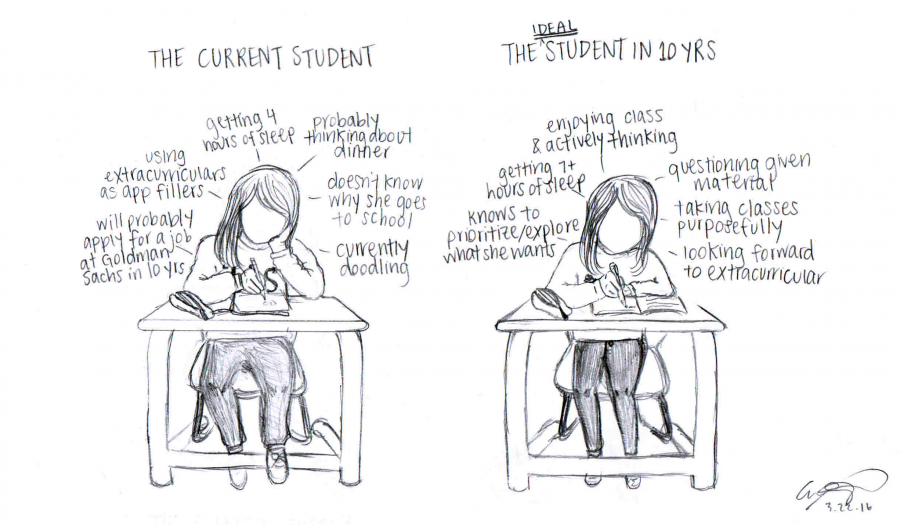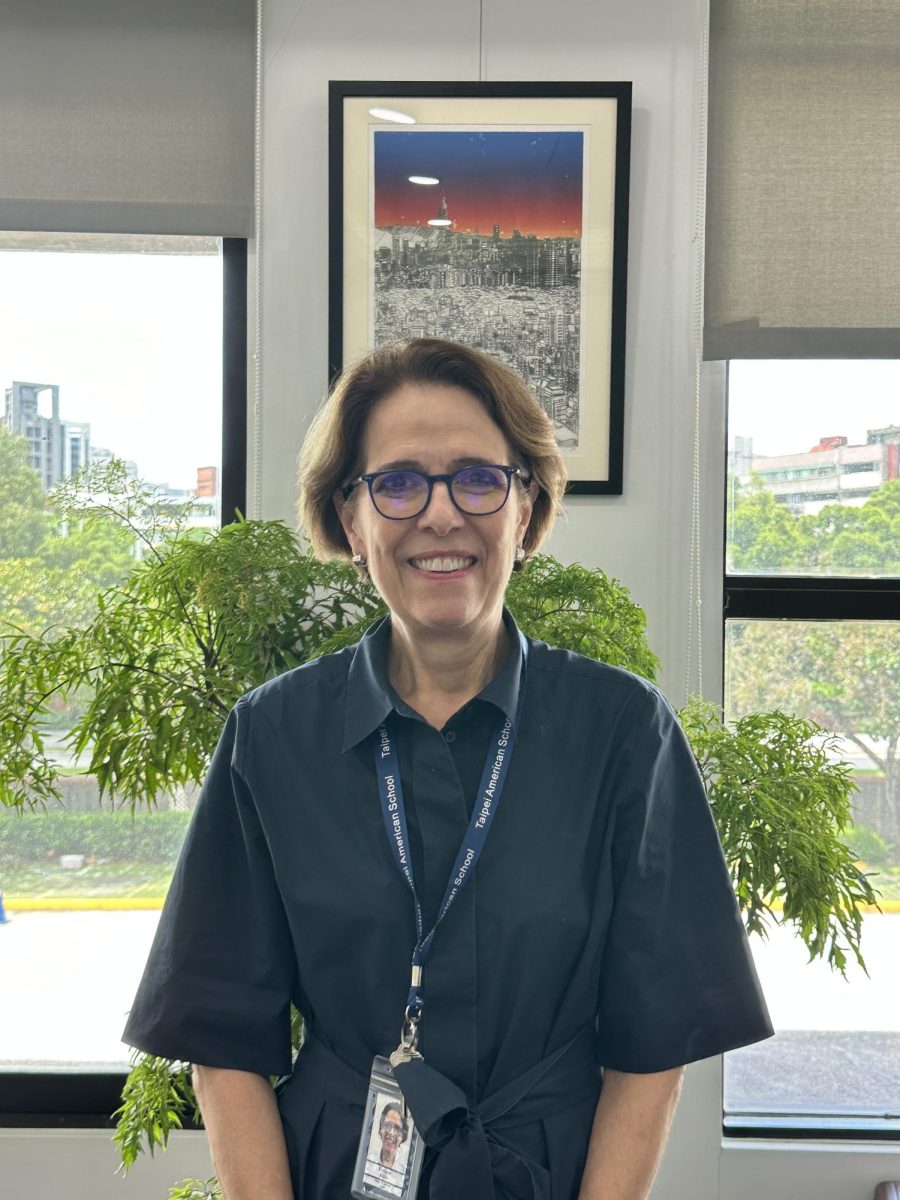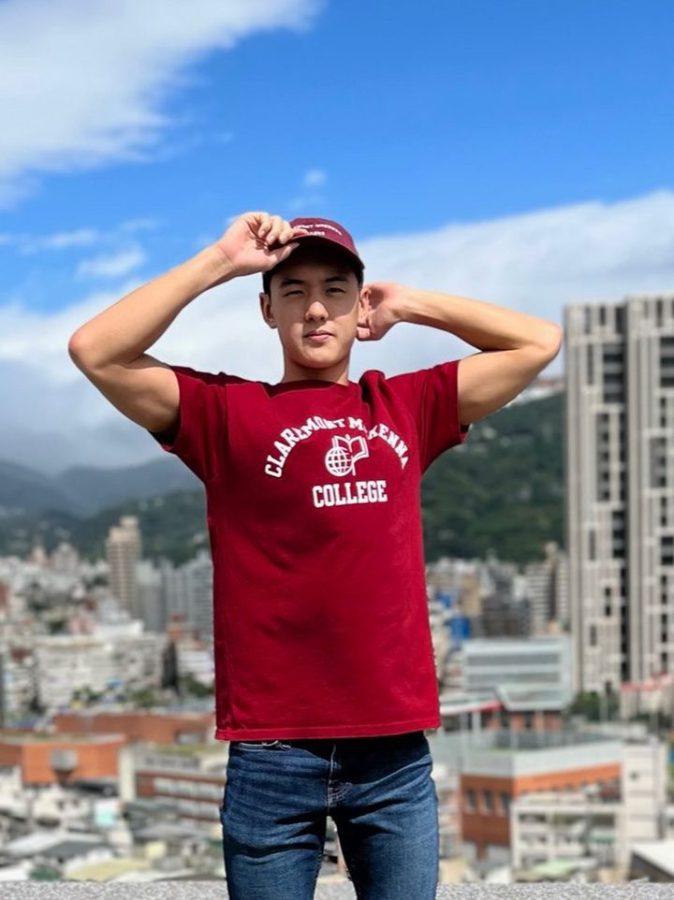In 10 years, straight TAS boys will hopefully have stopped the ever-running joke of liking Facebook friendships between their friends and random girls and commenting “So this is the girl you’ve been talking about” or “Prom?”. In 10 years, maybe they will also realize that you need to talk to someone in real life and not just chat with them everyday if you seek a real relationship. Also, all of us might stop judging others for what they wear to school or for “trying hard” socially.
Okay, enough shade-throwing. In all seriousness, I understand that high school is high school, and that I shouldn’t expect every student to fit into the mold of my ideals. In this phase of our lives where we are still figuring ourselves out, we can only strive to close that gap between who we are and who we wish to be. Ideally, by 2026, the student body will consist of kids trying to move forward through this stage. I hope that students will not just be floating through life directionlessly, but rather will try to take control of what they can, from their classes to their extracurriculars. I hope that they will use high school wisely–as an opportunity to find what they love and develop their talents in multiple fields.
I think a lot of us go to school everyday without really understanding or relating to why we do so. Our high school education has become an unnecessarily intense Minor League competition that we only work hard for in hopes of making the big leagues. We go to high school to get into a good college; we go to a good college to get a good job; we work a good job to have a good life.
But in the midst of these incentive-based pursuits, we forget how to live well. Life isn’t composed of such stages–“happiness” is not a final check point at the end of the line, but something you can work towards at any given moment. Even as a mere high school student. In 10 years I hope the school will have worked at making students understand that they need to do things for their own sakes and, more importantly, save time for themselves. Likewise, I hope that by 2026, students will understand to not let school consume them entirely.
To do this, the school would need to reorganize its points of emphasis. We spend most of our advisor group meetings and class meetings discussing character, ethics, and the management of academics. We’re often made to watch short videos of someone “doing the right thing” and then discuss what we would have done in their place, or we have periodic check-ups on our grades.
Although these things are important, we always end up talking about the same values in different words or through different examples. Instead of such arbitrary discussions, advisors could spend time asking about a student’s extracurriculars or favorite classes, and make sure that everyone is getting enough sleep and has a life outside of school. Rather than shoving rights and wrongs down our throats, Flex meetings can be used to guide us in the exploration of our selves.
They don’t have to make a visible impact–to even expose us to the idea of valuing ourselves from time to time would be a great, much-needed reminder in our busy lives. Perhaps the school might be worried about students becoming too self-absorbed if it emphasizes treasuring yourself too much, but I think that learning to value others inherently comes after learning to value yourself.
Dr. Moran, Deputy Head of School, said that the school recognizes this problem. “We have to help students understand that there are ways to deal with pressure,” she said. “There are ways to deal with stress. There are ways to deal with the fact that you can’t be the best in everything. And we have to help them find healthy ways to do that.” Perhaps this is still work in progress, but by 10 years hopefully things will be figured out.
For now, let’s focus on what we can control. In the classroom, humanities students should focus on developing their own opinions before taking in information so as to foster more critical thinking on a regular basis. As for more empirical subjects such as science and math, students need to realize that they must actually process what given information means rather than copy notes blindly.
Obviously, even in 10 years, not every student can and will be a “model student,” pursuing knowledge and genuinely enjoying every activity at school. But I hope that by 2026, the school will be actively assisting each and every student in finding a form of purpose in high school–a niche, so to speak, whether it be public speaking or art. And, ultimately, I hope to see a culture develop here at TAS where we go to school every day to leave no regrets behind.


![Members of Flourishing Love arrange bouquets together. [PHOTO COURTESY OF FLOURISHING LOVE]](https://blueandgoldonline.org/wp-content/uploads/2023/12/fl-1200x900.jpeg)
![Members of Formosa Charity reconstruct an old home. [PHOTO COURTESY OF CHAEWON B. (25)]](https://blueandgoldonline.org/wp-content/uploads/2023/12/bwb.jpeg)


![Catrina was waitlisted at Caltech but
intends to pursue Computer Engineering
at the University of Washington. [PHOTOS
COURTESY OF CATRINA Y.]](https://blueandgoldonline.org/wp-content/uploads/2023/05/Copy-of-IMG_4544-900x602.jpg)
![Honors Film 3 and 4 students set up the camera and microphone to get ready for an interview. [PHOTO COURTESY OF TAS FILM]](https://blueandgoldonline.org/wp-content/uploads/2023/05/DSC09834-900x507.jpg)